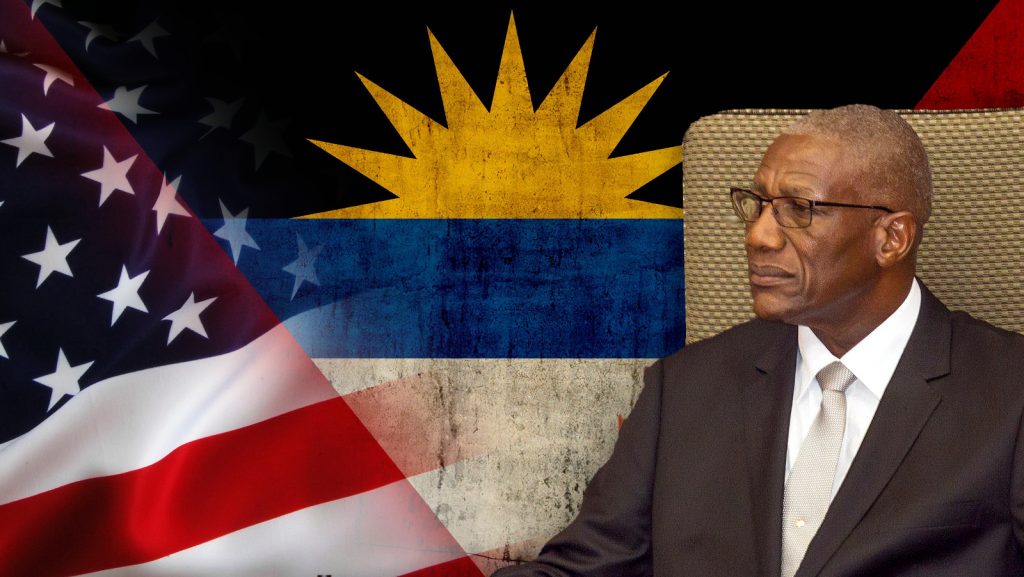 The government of Antigua has unveiled its new year’s resolution for 2017: stand up to economic bullies.
The government of Antigua has unveiled its new year’s resolution for 2017: stand up to economic bullies.
On Monday, Governor-General of Antigua and Barbuda Sir Rodney Williams (pictured) ushered in a new session of the nation’s parliament by delivering his office’s traditional Throne speech. Among the topics the Governor-General addressed was the country’s longstanding trade dispute with the United States over online gambling.
For over 12 years now, Antigua has been trying to get America to acknowledge World Trade Organization (WTO) rulings that found US trade policy re online gambling to be in violation of the General Agreement on Trade in Services. But the US has ignored Antigua, leading to the decimation of Antigua’s once thriving online gambling sector.
With the US unwilling to amend its protectionist trade policies, the WTO authorized Antigua to collect $21m in annual damages – a sum that has since grown to over $250m – by offering royalty-free downloads of US intellectual property. In November, Antigua informed the WTO that it was giving the US until the end of 2016 to make a good-faith counter offer or it would proceed with this download plan.
In Monday’s speech, the Governor-General called the WTO dispute “one of the greatest challenges facing my country’s diplomacy.” Williams said Antigua’s Prime Minister Gaston Browne had been trying to resolve this issue for 30 months now, but convincing the US to meet Antigua even halfway “has been impossible.”
Williams said Antigua had hoped to achieve a settlement before US President Barack Obama passed the torch to President-Elect Donald Trump. But with only 10 days to go until Trump’s inauguration, Williams says Antigua’s intention is “to proceed to Parliament to adopt legislation consistent with the WTO ruling, allowing Antigua and Barbuda to nullify US copyright protections and to benefit from so doing.”
Williams nonetheless extended an olive branch to the incoming Trump administration, saying he hoped Trump’s appointed trade representative “will recognize the lawfulness and justness of our actions and will quickly settle the differences that have kept our negotiators apart.”
Williams acknowledged the disparity in size and strength of the two nations involved in this dispute, calling the US “a very powerful and wealthy state, capable of inflicting harm.” Williams offered his hope that the US “would not turn to intimidation and revenge” after Antigua exercises its WTO-approved digital download nuclear option.
Williams is right to be wary of trade retaliation from the world’s largest economy, but the fact that Antigua is willing to take this risk only serves to underscore the damage the US’ intransigence on this trade issue has done to Antigua’s comparatively tiny economy, which has an annual gross domestic product only four times greater than the $250m it’s owed by the US.
The US was founded in large part because its residents felt unduly treated by the world’s economic powerhouse of the day. The day is rapidly approaching when the US will find itself at the mercy of larger and more powerful economies, and unless the US acts responsibly now, its future cries of ‘unfair’ will find little sympathy from the rest of the world.
